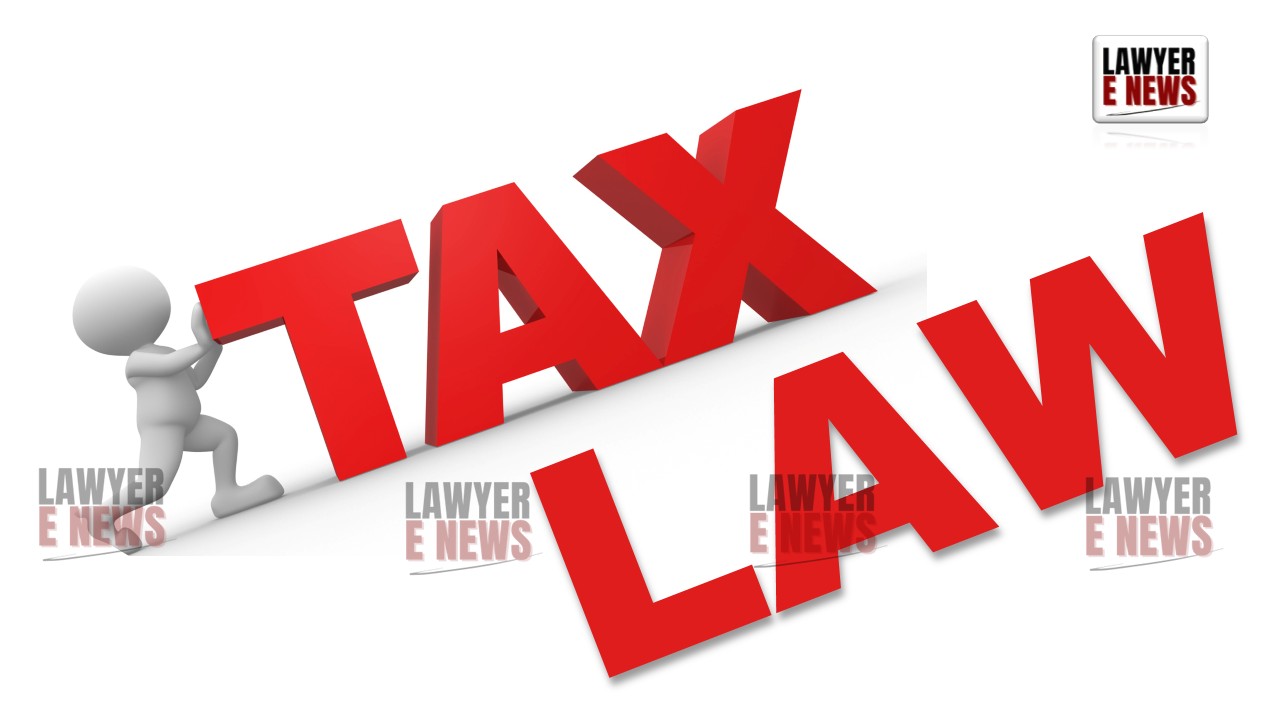-
by Admin
16 February 2026 1:47 PM



Punjab and Haryana High Court, comprising Justice Sanjeev Prakash Sharma and Justice Sanjay Vashisth, held that for the purpose of capital gains tax calculation, the indexed cost of acquisition should relate back to the original acquisition date when the asset was acquired by the previous owner. This judgment sets aside the Income Tax Appellate Tribunal's (ITAT) order and reinstates the Commissioner of Income Tax (Appeals) [CIT(A)]'s decision that calculated the cost indexation from 1981, not from a later family settlement date.
Rajiv Mehra, the appellant and proprietor of H.D. Mehra Chemicals Works, had inherited property through a family arrangement and Will. His father, Permanand Mehra, acquired the property in 1963, and upon his death, it passed to Rajiv Mehra. In 2003, a memorandum of family settlement confirmed his ownership. He sold the property in 2007 for Rs. 2 crores and reported long-term capital gains with an indexed cost based on the 1981 valuation. The Assessing Officer (AO) recalculated this based on a 2003 acquisition date, resulting in higher tax liability. The CIT(A) favored the appellant's original calculation, but the ITAT reversed this, excluding additional evidence on the Will for non-compliance with Rule 46A of the Income Tax Rules, 1962.
Admissibility of Additional Evidence (Rule 46A of Income Tax Rules, 1962): The ITAT rejected evidence of the Will due to non-compliance with Rule 46A, which requires an application for admitting additional evidence. The High Court agreed with the ITAT's stance, emphasizing that procedural compliance is essential [Paras 9-14].
Validity of Family Settlement Without Registration: The Court reiterated that family settlements do not require compulsory registration if they reflect an oral agreement previously reached. Citing Kale v. Deputy Director of Consolidation (1976) and Sahu Madho Das v. Mukand Ram (1955), the bench held that such settlements are binding even without registration if intended to resolve family disputes [Paras 27-32].
Indexed Cost of Acquisition Under Section 49(1): The appellant argued that the indexed cost of acquisition should date back to 1981, per the acquisition by his father. The Court, referencing Commissioner of Income Tax v. Manjula (2012) and Arun Shungloo Trust v. CIT (2012), upheld that the holding period of the previous owner must be included for indexation purposes. This avoids discrepancies between indexed cost calculations and actual holding periods [Paras 16-25].
Capital Gains Exemption for Family Settlements: The Court noted that transfers under a Will or family settlement are exempt from the definition of "transfer" in Section 45 of the Income Tax Act, thereby excluding them from capital gains tax at the time of the transfer [Paras 20-26].
Rule 46A Compliance: The appellant's failure to file an application under Rule 46A for admitting the Will as evidence justified the ITAT's exclusion of it. However, this did not affect the underlying assessment of cost indexation based on the family settlement.
Cost Indexation Based on Original Owner's Holding: The Court concluded that the indexed cost of acquisition must be calculated from 1981, aligning with the father's initial ownership, and not the 2003 settlement date.
Family Settlement Validity: The settlement did not require registration, as it was merely a recording of an earlier oral agreement, consistent with established legal precedents like Kale v. Deputy Director of Consolidation.
The High Court held that the ITAT erred in calculating the indexed cost from the 2003 family settlement date. The appellant's capital gains tax calculation, based on the 1981 indexed cost, was correct. Consequently, the order passed by the CIT(A) was restored, and the ITAT's order was set aside:
"The indexed cost of acquisition shall be with reference to 01.04.1981... The order passed by the CIT(A) was not required to be interfered with," stated the bench [Para 37].
This ruling reaffirms the taxpayer's right to use the original owner's acquisition date for calculating indexed cost in inheritance and family settlement cases, providing clarity on long-term capital gains computations. It also emphasizes procedural adherence when submitting new evidence during tax appeals.
Date of Decision: October 23, 2024
